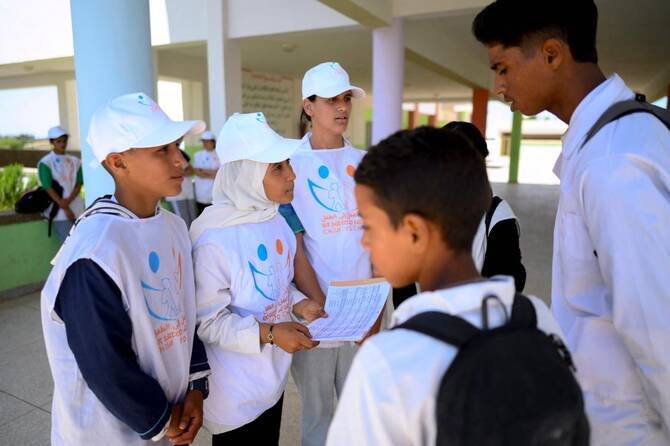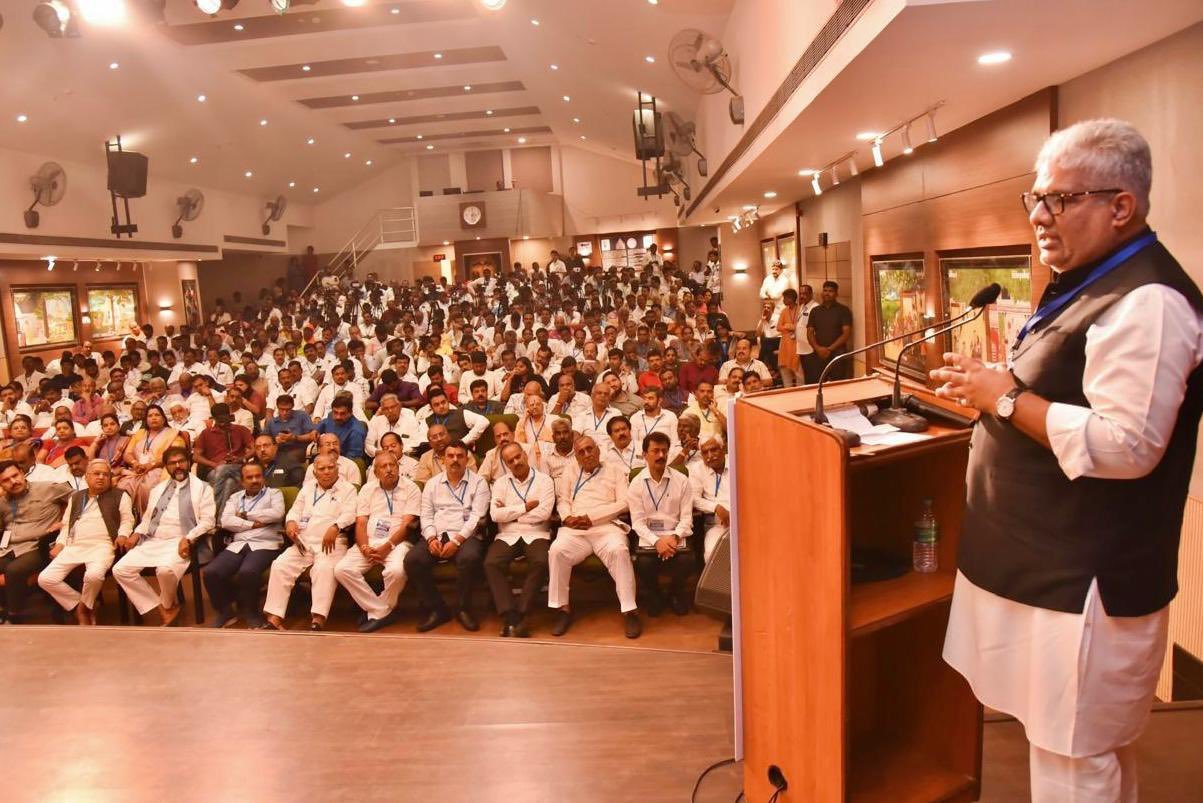Author: HANI HAZAIMEHTue, 2017-03-28 (All day)ID: 1490651661211286900
AMMAN: Arab foreign ministers on Monday embarked on discussions preceding the Arab Summit, due to start Wednesday.
They stressed that the Israeli-Palestinian conflict is the root cause of all regional conflicts, which are affecting global security and stability.
“We are witnessing unprecedented tough times, with the Arab region challenged by severe crises undermining Arab identity, Arab consensus and joint coordination,” Jordan’s Foreign Minister Ayman Safadi said on Monday at the opening session.
“These challenges have been an obstacle to all development efforts, and deprived Arab citizens of an opportunity to have decent living standards,” he added.
“The lack of joint Arab coordination opened the door wide open for extremists to fill the gap and take the initiative to disseminate their evil ideology among Arab citizens and convert the Arab arena into a war zone.”
Safadi said this also allowed others to step in and interfere in Arab affairs, “decide on our behalf and take decisions that serve their own agendas.”
He added that despite differences, Arab states have much common ground on which they can base themselves in tackling the many issues facing the region, including the Palestinian cause, which remains the core issue in the Middle East.
He said Arabs agree on the need to address the Syrian crisis, which has claimed hundreds of thousands of lives and displaced millions.
Safadi added that only a political process can address the Syrian crisis and end the bloodshed wrought by six years of war.
A political solution should be based on UN Security Council (UNSC) Resolution 2254 and the outcomes of Geneva negotiations, he said.
Safadi added that the Arab Summit will reaffirm its support for the legitimate Yemeni government, and agree on the need to solve the Yemeni conflict on the basis of UNSC resolutions, the Gulf Cooperation Council (GCC) initiative and the outcome of Yemeni national dialogue.
At the same time, “terrorism must be extracted from its roots. This plague has spread despair, misery and frustration among Arab citizens,” he said, stressing the importance of combating terrorism via revisiting the education system.
He cited UN reports that more than 12 million Arab children do not have access to proper education.
Arab League Secretary-General Ahmed Abul Gheit, addressing the meeting, said: “The state of uncertainty among Arabs, driven by the crises plaguing our region, is a challenge that needs to be taken seriously. Millions have become displaced and refugees, scattered across the globe. Many have found safe haven in some Arab countries, such as Jordan and Lebanon, while many others are still waiting, unsure about their future.”
He added: “While we express our most sincere appreciation to the refugees’ host states, we need to stand in solidarity with those countries and share the heavy burden they have been sustaining, considering the huge pressure placed on the infrastructure of these countries resulting from hosting refugees.
“We should not keep dealing with crises hitting our region on an individual basis. We need to act collectively to address these problems instead of letting others run our affairs for us.”
Abul Gheit said the Arab League is suffering from a severe financial crisis, and urged Arab support to enable the organization to assume its duties and play a more effective role.
Meanwhile, Saudi Foreign Minister Adel Al-Jubeir held a meeting on the follow-up of the crisis with Iran and ways to address Tehran’s interference in the internal affairs of Arab countries.
Al-Jubeir discussed with Stefan de Mistura, UN special envoy for Syria, the latest developments in the conflict.
Main category: Middle-East








